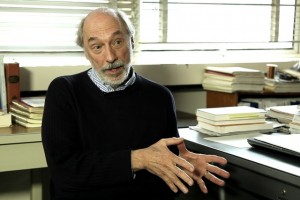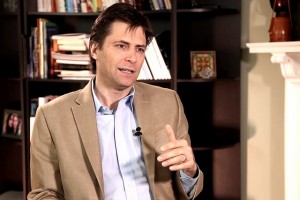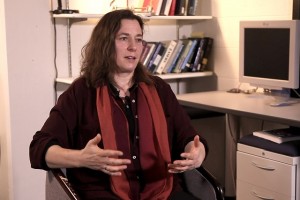Neutrino – Nucleon Scattering at High Energy
MIT Senior Research Scientist Frank Taylor on two types of current interactions, experiments with predictive p...
How does design connected with science? Can basic science laws help progress? Robert L. Wallace Professor of Applied Physics at Harvard University Federico Capasso speaks on unusual approach to science.
The science is dramatically changing the last 10 years and the change is even more and more rapid. I would say that the originally modern science (I mean in the 19th century) started as sort of model of departments. University departments separated in various disciplines which reflected the way that science started to be carried out after the actual Renaissance. That was very important. And it carried us through up to the 20th century. But then in the 21st century that thing changes. Now you notice, and it is fascinating, a convergence between these previously separate disciplines.
The nature does not know what is biology, what is physics, what is chemistry. These are artificial distinctions that are very useful to organize knowledge. But when you tackle a problem these distinctions often do not help. It doesn’t educate young people well. We shouldn’t be going after disciplines in particular but after problems to solve. We should train students to think about problems that have different components.
I have taken a designer point of view. A designer traditionally is someone that conceives certain structures that you do not find in nature typically. And you play by pulling together different things. Designer of cars is both an engineer, at least needs to know elements of engineering, needs to know elements of science, needs to have some esthetic. What do I mean by “designer science”? This type of approach is when you are pulling together elements from different disciplines and you are creating novel combination. Then you got to ask yourself a question “Can I do something useful with it?” And then comes the engineering side.

MIT Senior Research Scientist Frank Taylor on two types of current interactions, experiments with predictive p...

Physicist Max Tegmark on predictions that cannot be observed, explanation of the fine-tuning of the Universe, ...

Harvard Prof. Susanne Yelin on interaction between light and matter, optical pumping, and slow light